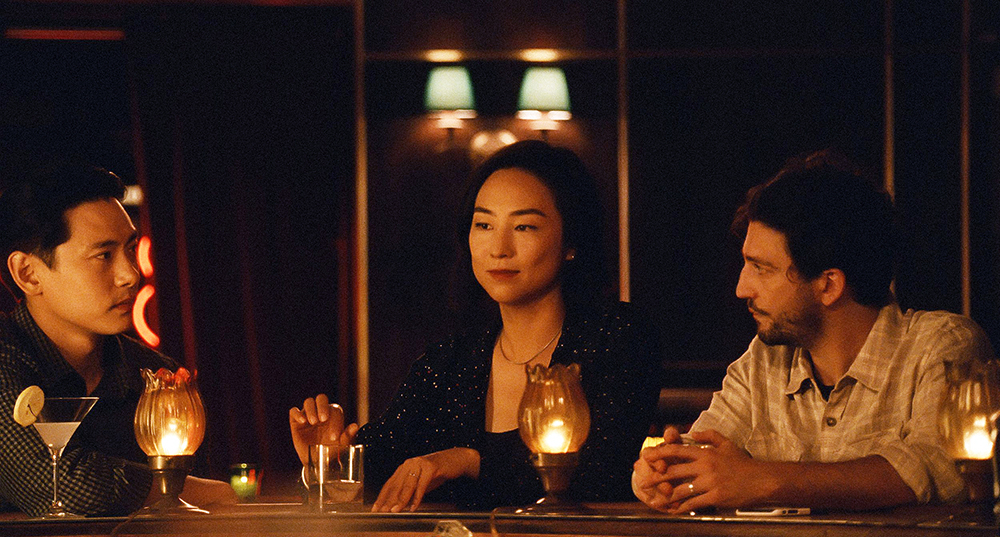A South Korean manufacturing company will invest $50.8 million dollars into Shelby county while also bringing more than 100 jobs to the area.
Today, the Greater Memphis Chamber announced that Hyosung HICO, Ltd will “significantly expand” their presence in Memphis. The power transformer manufacturer plans to strengthen its production and energy capabilities through an enhanced manufacturing facility.
The company produces large power transformers that are integral parts for American electric grids. Hyosung Heavy Industries CEO Taehee Woo said that success in American markets are indicators of “true competitiveness.”
Officials said the site currently takes up 360,000 square feet on 200 acres of land. The company established its first U.S. production facility in Memphis in 2019 . Jason Neal, president of Hyosung HICO and senior executive of HICO America said the decision was one of the most “pivotal” in the company’s history.
The chamber expects this expansion to position Memphis as a “center for advanced manufacturing excellence.” Ted Townsend, president and CEO of the Greater Memphis Chamber said Memphis’ position offers “strategic global advantages to global companies.”
“With our robust infrastructure, skilled workforce, and business-friendly environment, Memphis continues to attract significant investments that create quality jobs for our community,” Townsend said.
According to the chamber’s 2024 Advanced Manufacturing Report there were 43,918 advanced manufacturing professionals and $11.7 billion in gross domestic product in 2023. There were also 1,132 advanced manufacturing operations and 847 monthly job postings.
“Greater Memphis has highly diverse manufacturing talent at 51 percent compared to the national average of 36 percent,” the report said.
Townsend said the city continues to attract large investments and opportunities for the city.
“This expansion is another powerful example of how we’re building the Digital Delta and strengthening our economic foundation,” Townsend said.
Hyosung officials said their investment in Memphis is part of a larger strategy to become the “number-one supplier of large power transformers in the country by 2027.”
“Memphis is more than a manufacturing site – it’s the foundation of Hyosung HICO’s long-term commitment to U.S. energy infrastructure and our expanding position as a leading supplier of products and solutions to the market,” Neal added.
While Hyosung expects to bring jobs and investments to the city of Memphis, this will add to South Korea’s growing footprint in the state. Chamber officials said the country has become Tennessee’s top foreign direct investment partner since 2019.


